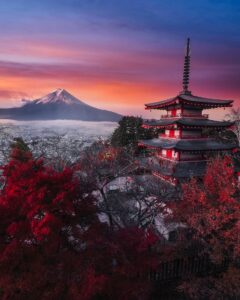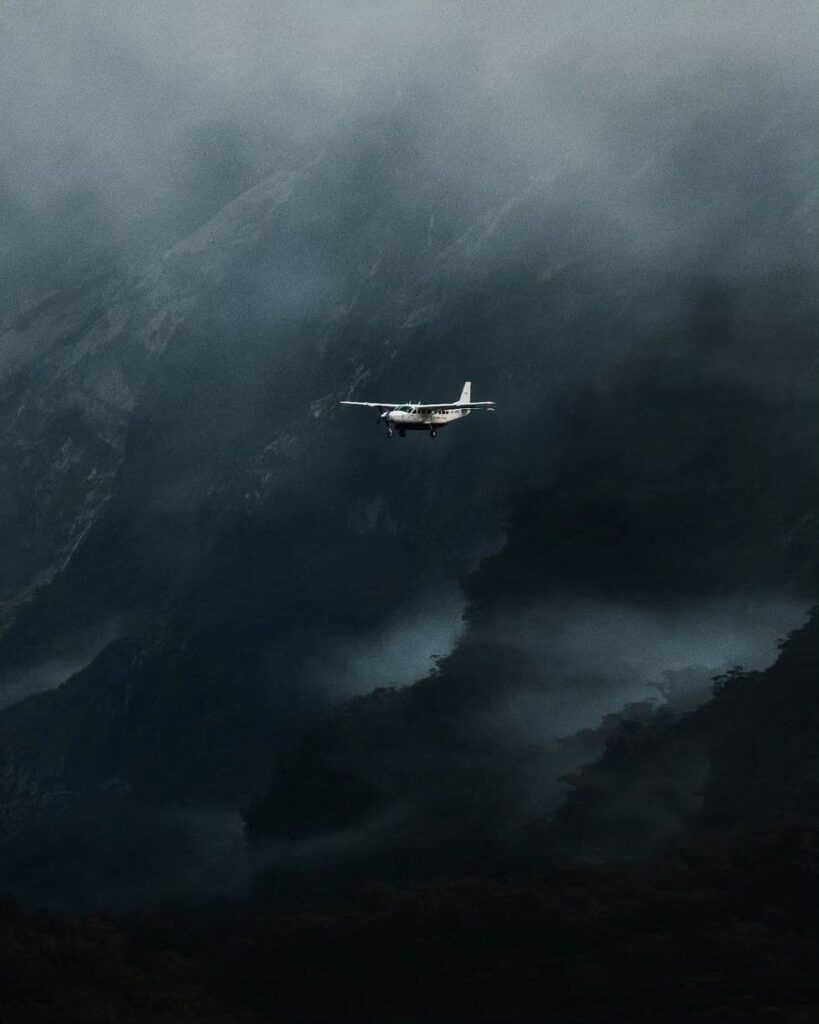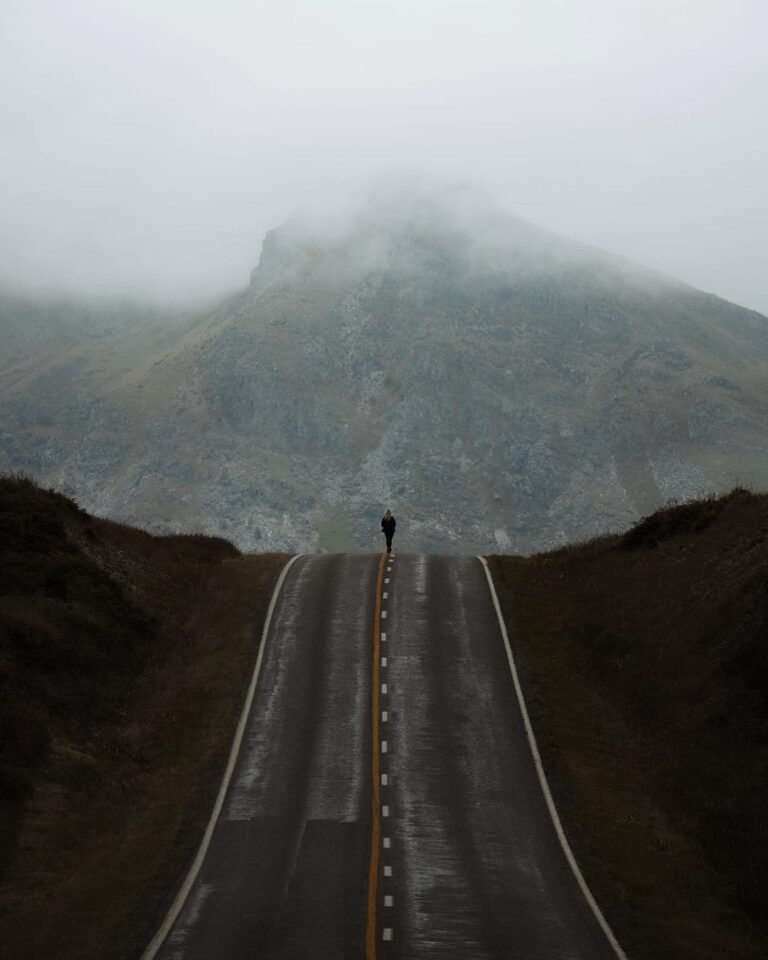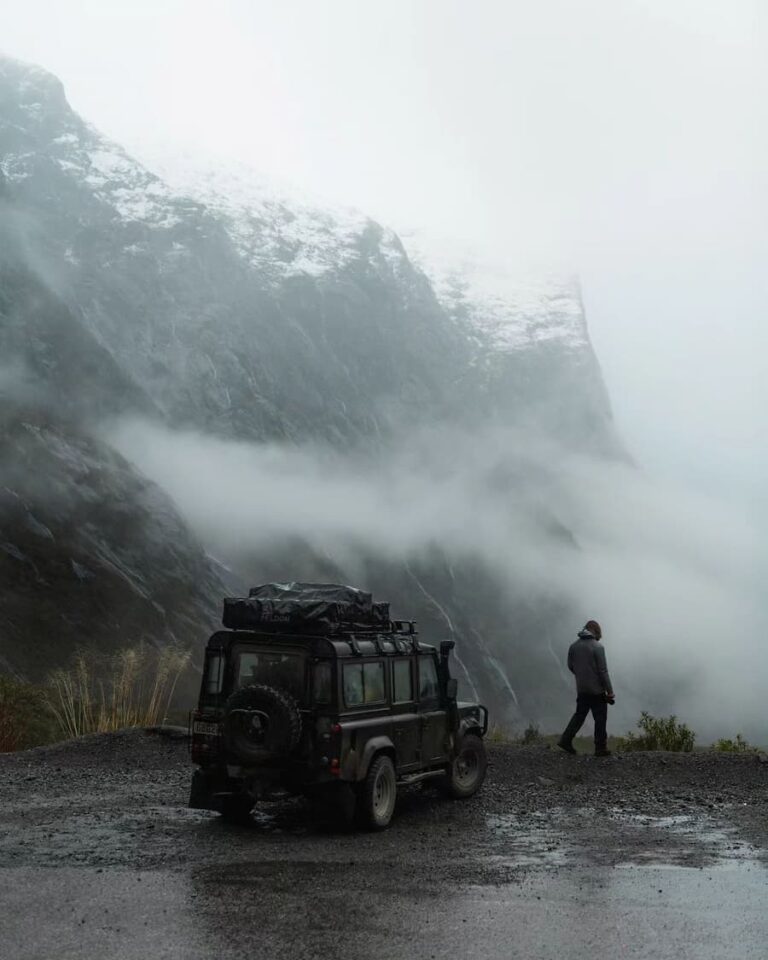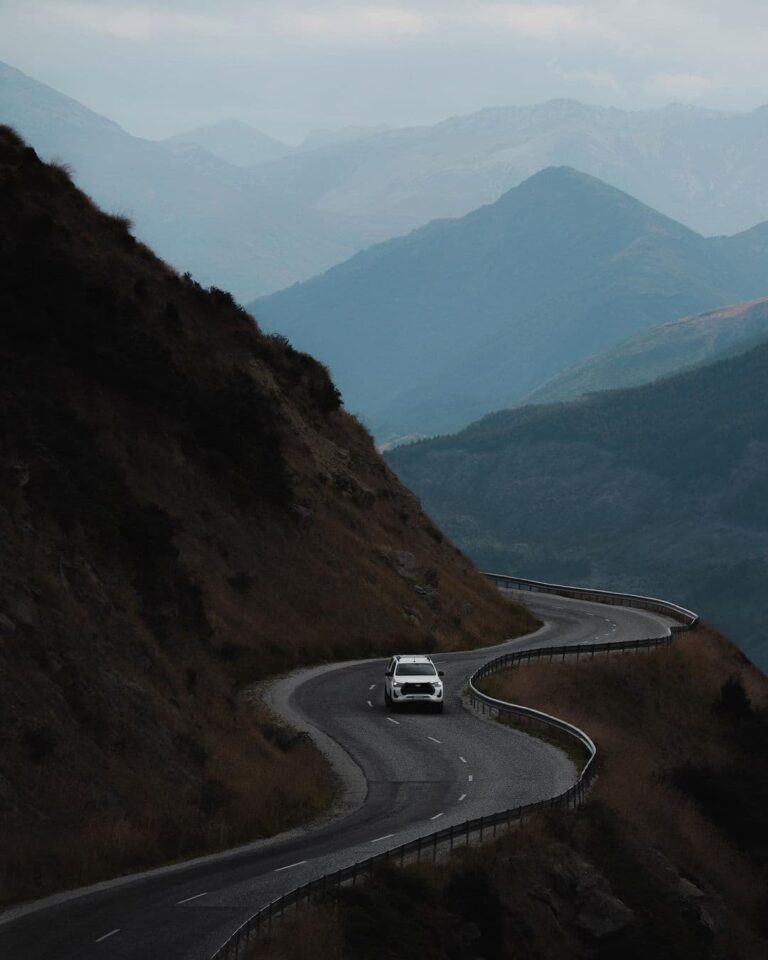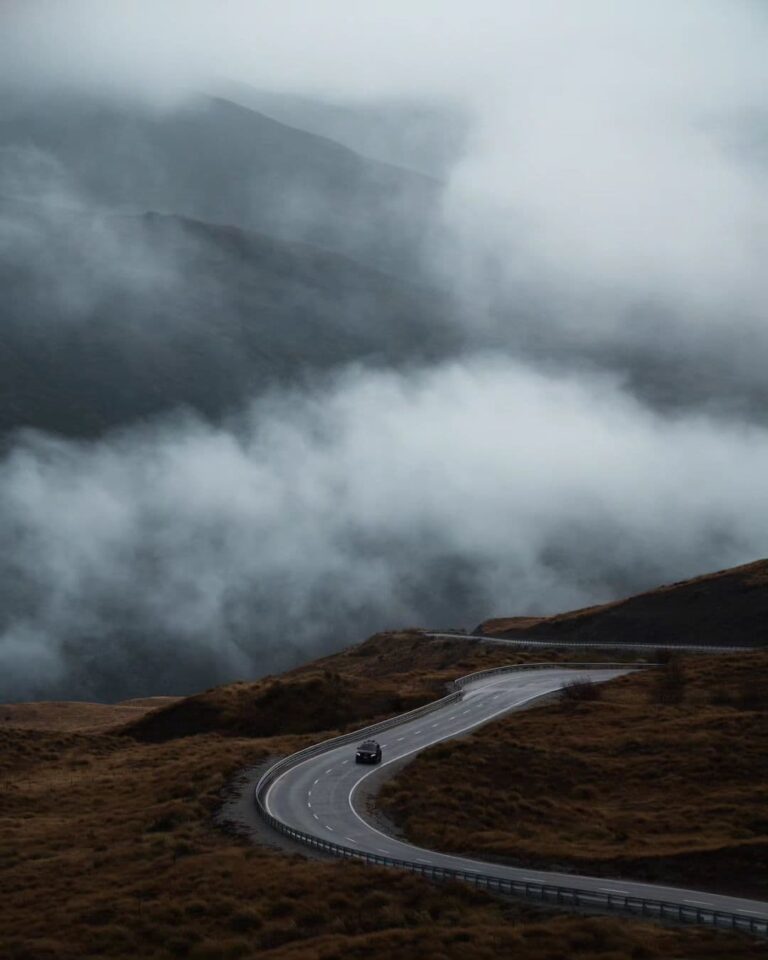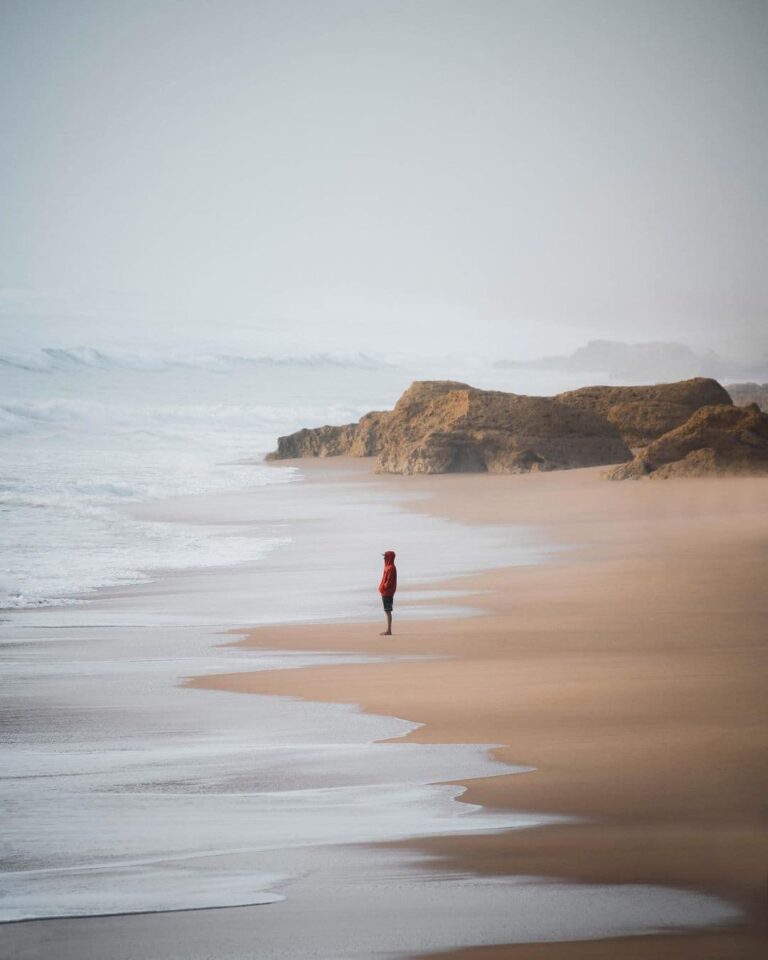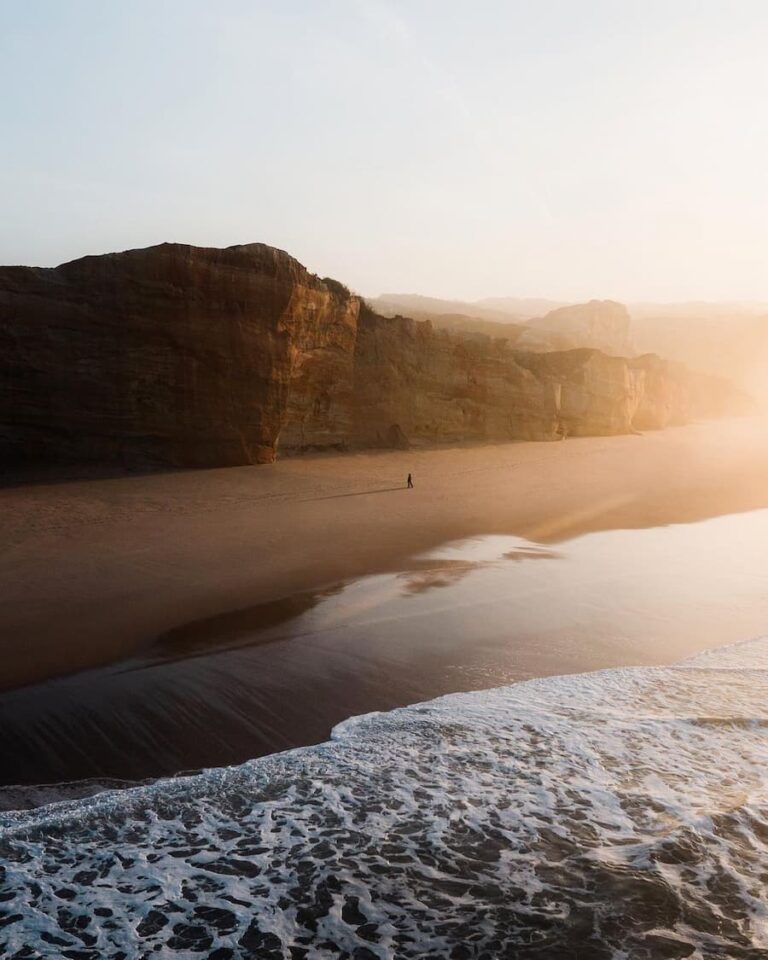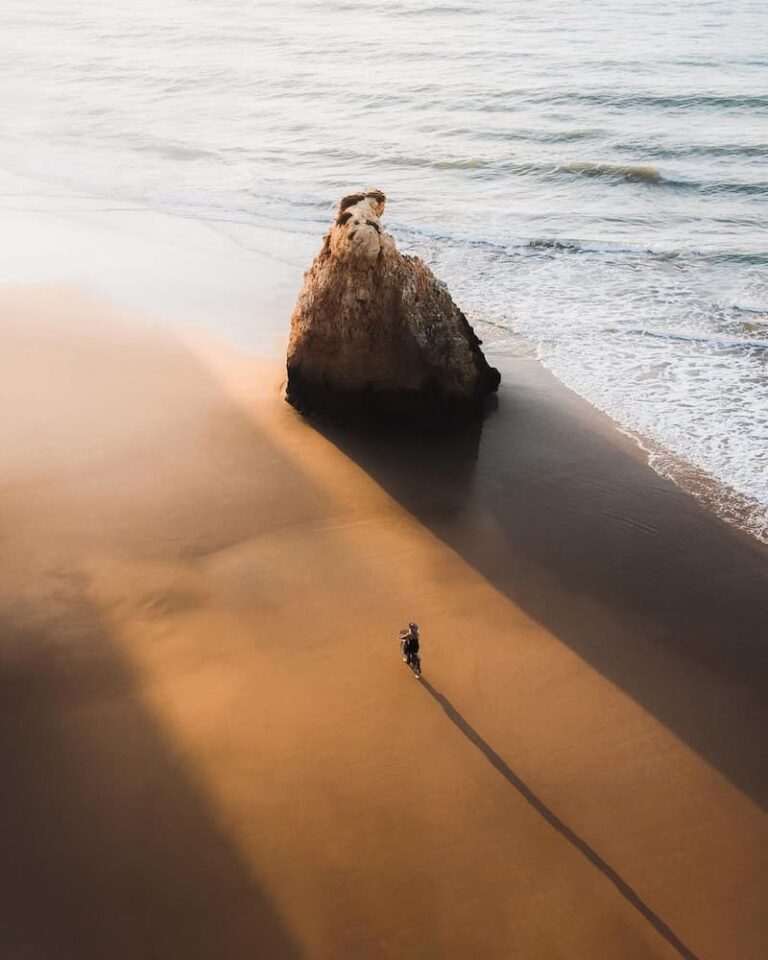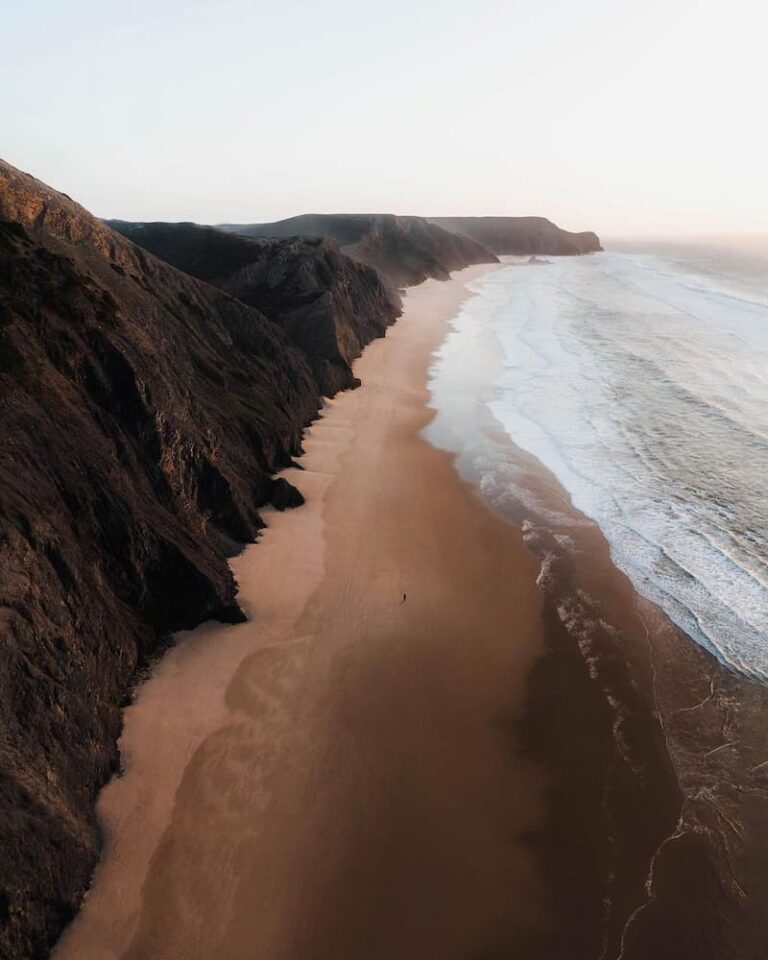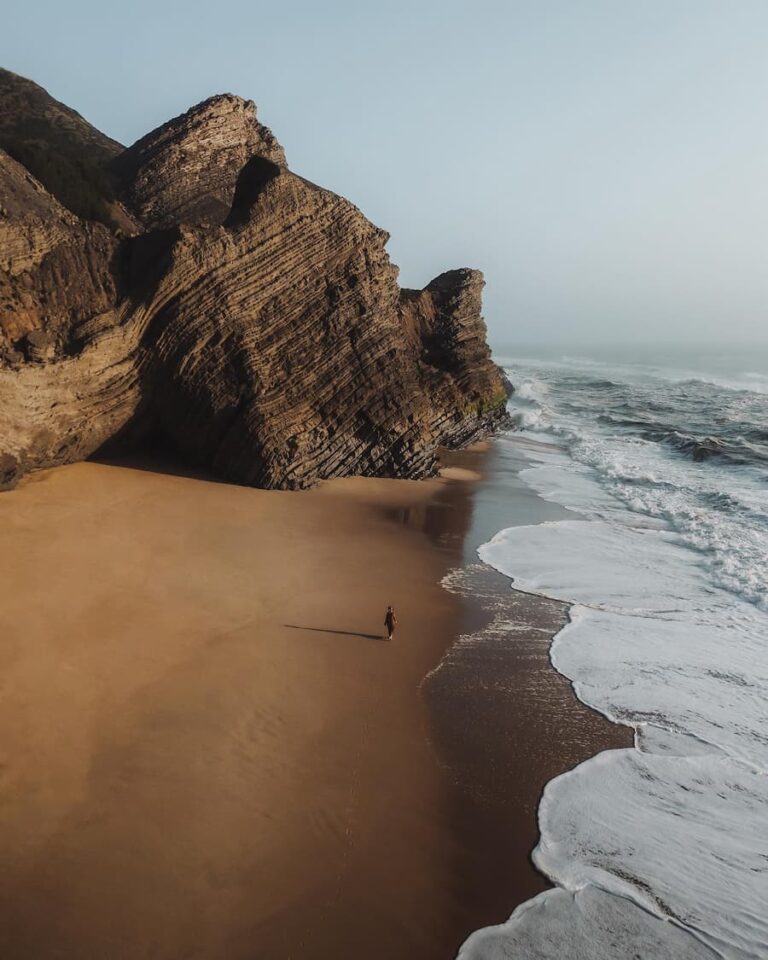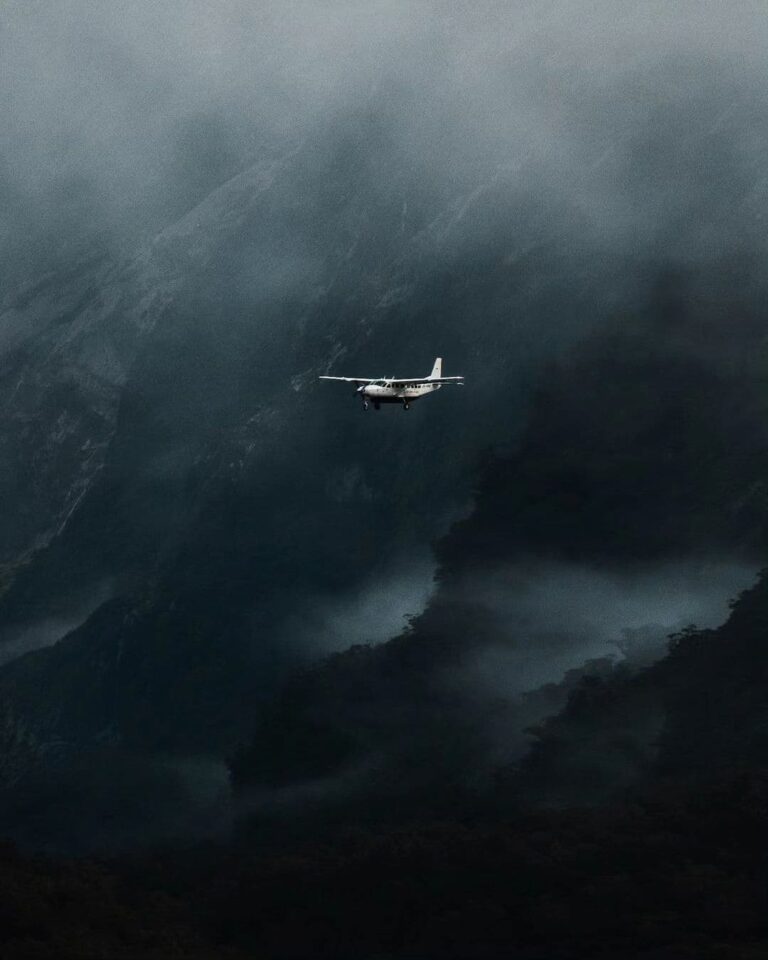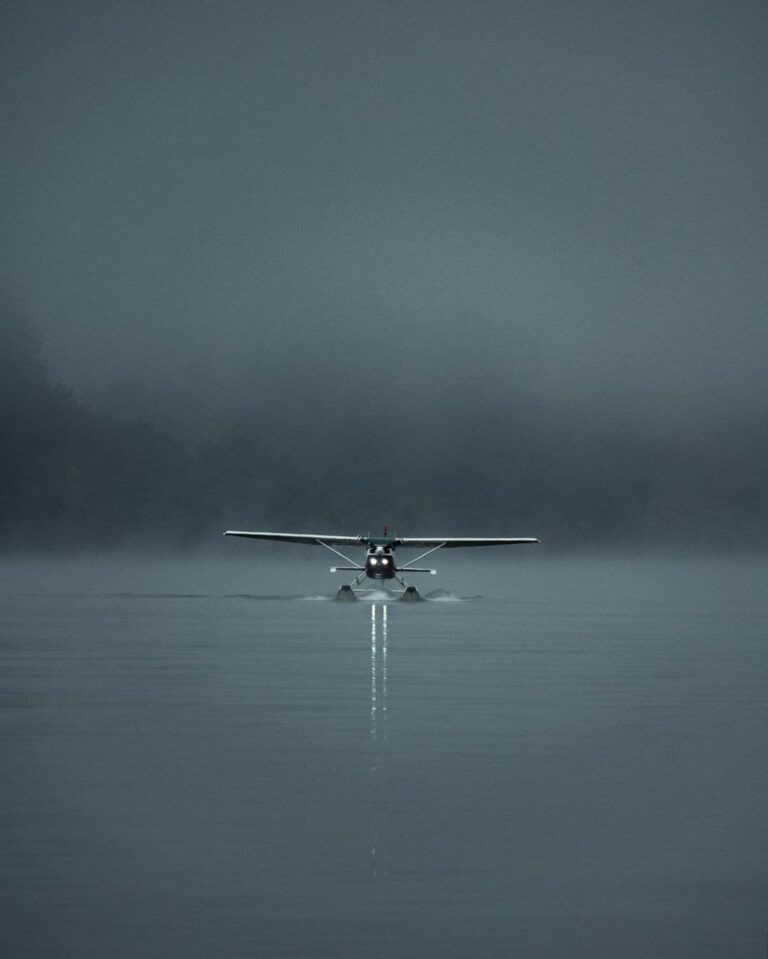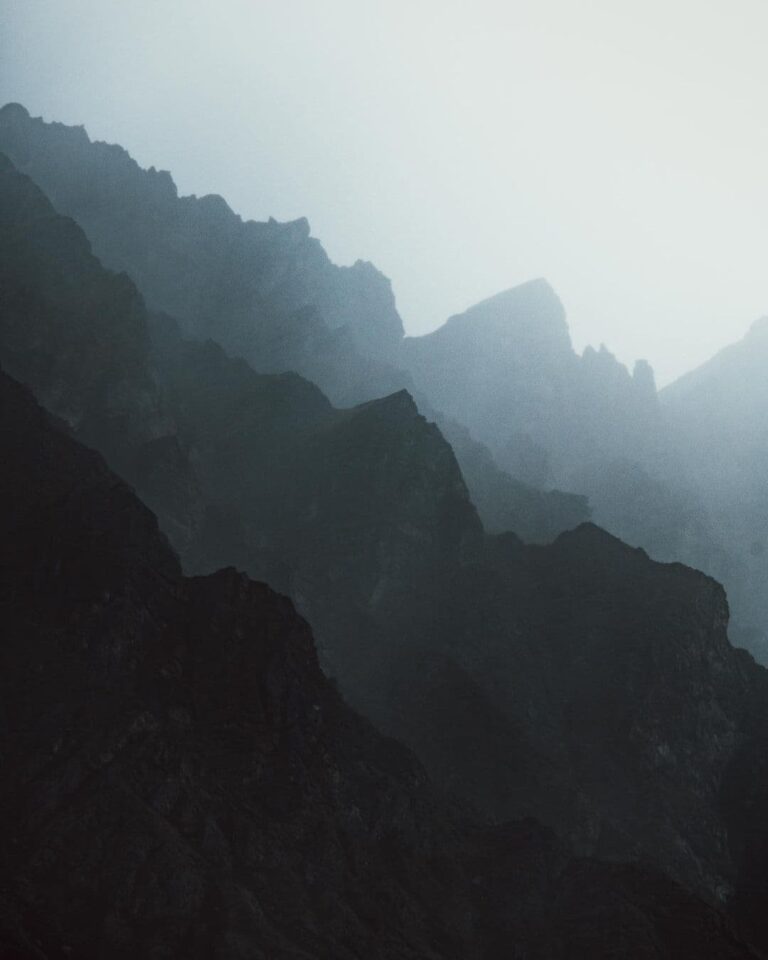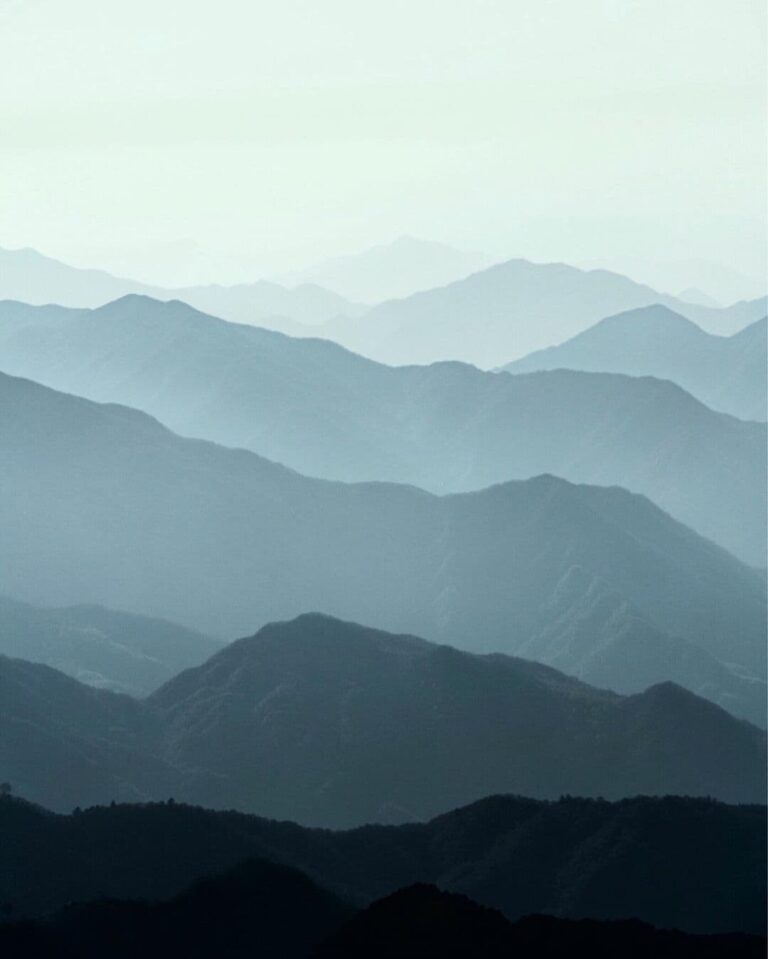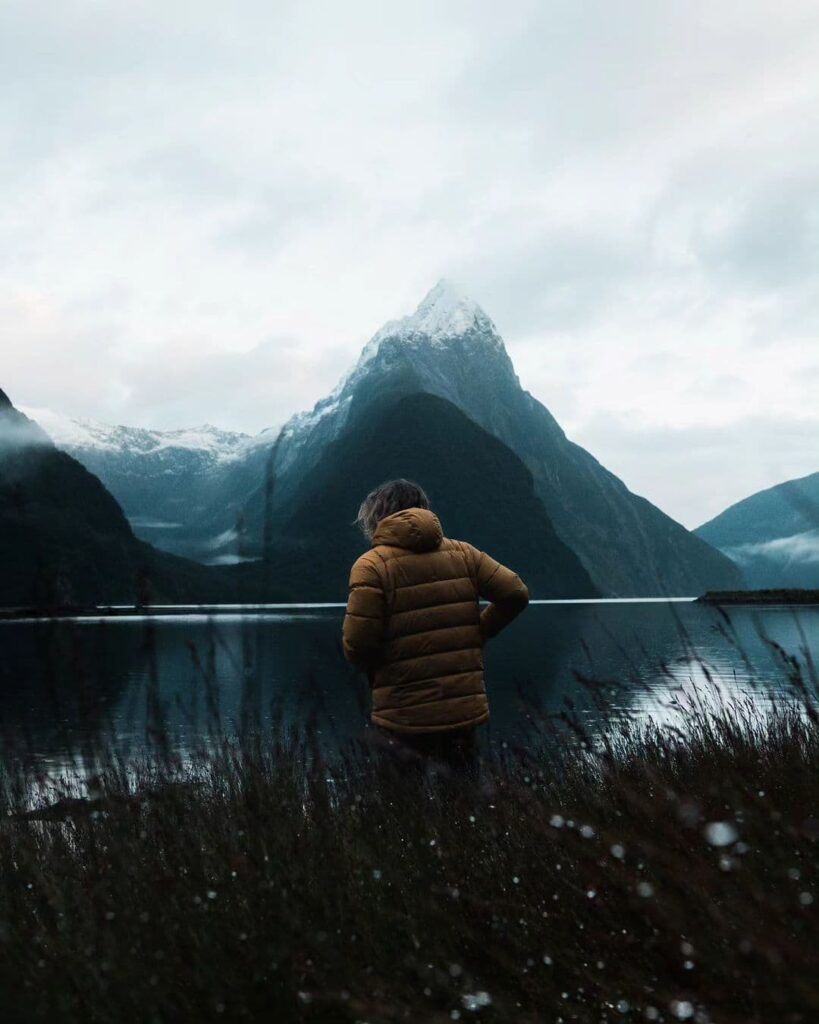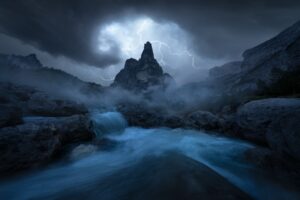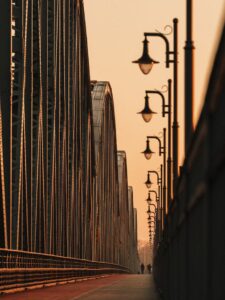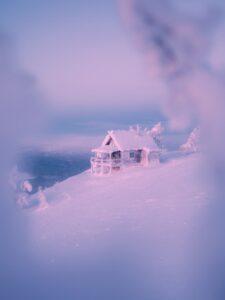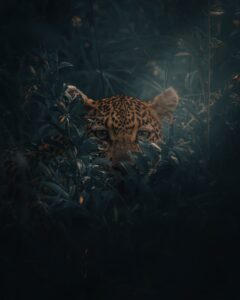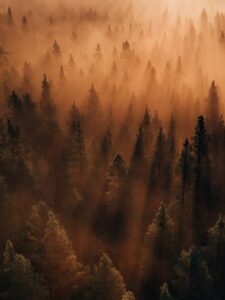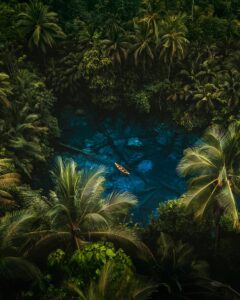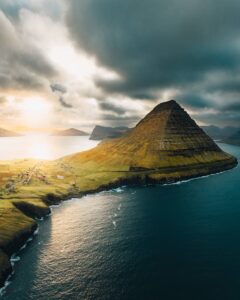My first solo trip to Australia was pivotal in my journey toward travel and photography. This experience profoundly shaped my perspective, taught me valuable lessons, and evoked powerful emotions. During this journey, I discovered my passion for capturing moments through photography.
Throughout my journey as a chef, a photographer, and in everyday life, I’ve learned four valuable lessons:
1) Embrace spontaneity and flexibility:
As a landscape photographer, the natural world is your canvas, an ever-changing painting. Lighting conditions, weather, and even the landscape can shift instantly. Embracing spontaneity means being ready to adapt to these changes. Sometimes, the most stunning shots happen when you’re flexible and open to capturing unexpected moments. A sudden break in the clouds or an unforeseen interaction between elements can lead to remarkable photographs.
2) Challenge yourself by stepping out of your comfort zone and experimenting:
Exploring new locations, techniques, and perspectives is vital to a landscape photographer’s growth. Only sometimes rely on tried-and-true methods. Challenge yourself to shoot in unfamiliar terrain, under different weather conditions, or using unconventional compositions.
3) Stay humble and open to learning:
Landscape photography is a continuous learning process. No matter how skilled you become, there’s always something new to discover or refine. Stay humble by acknowledging that there’s room for improvement and that others may offer valuable insights.
4) Understand that asking for help is a sign of strength, not weakness:
In landscape photography, collaboration and mentorship can be invaluable. Feel free to seek advice, guidance, or assistance when needed. Whether it’s asking for location recommendations, technical advice, or even physical help with equipment, reaching out to fellow photographers or mentors is a sign of your commitment to improving your skills. It’s an opportunity to tap into the collective knowledge of the photography community, which can accelerate your growth as an artist.
